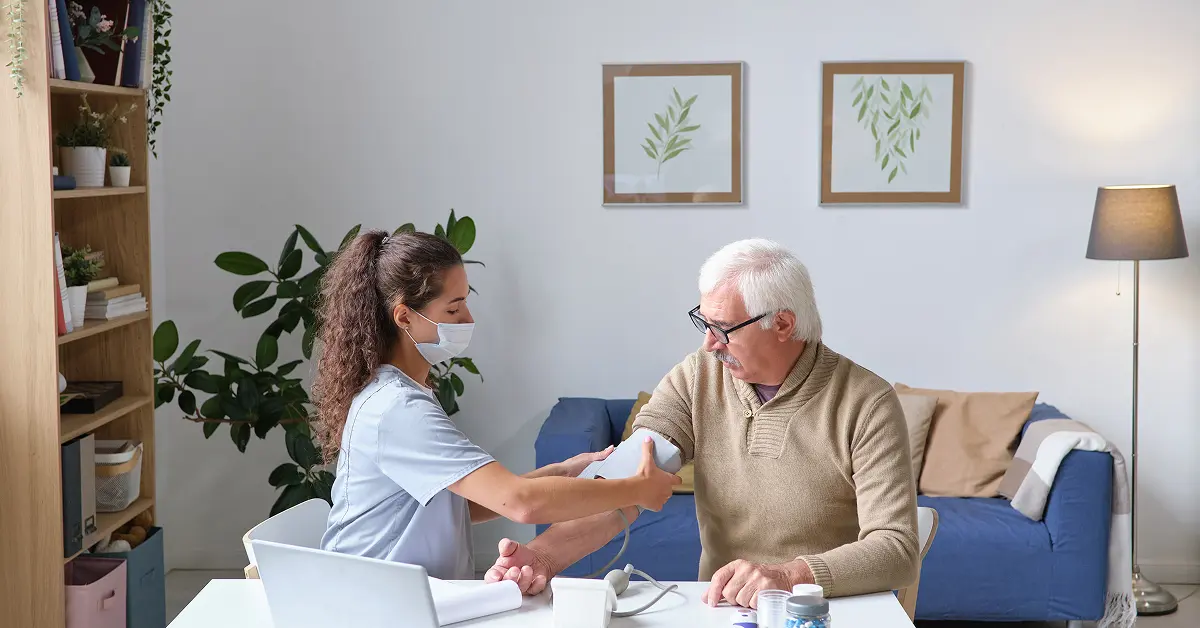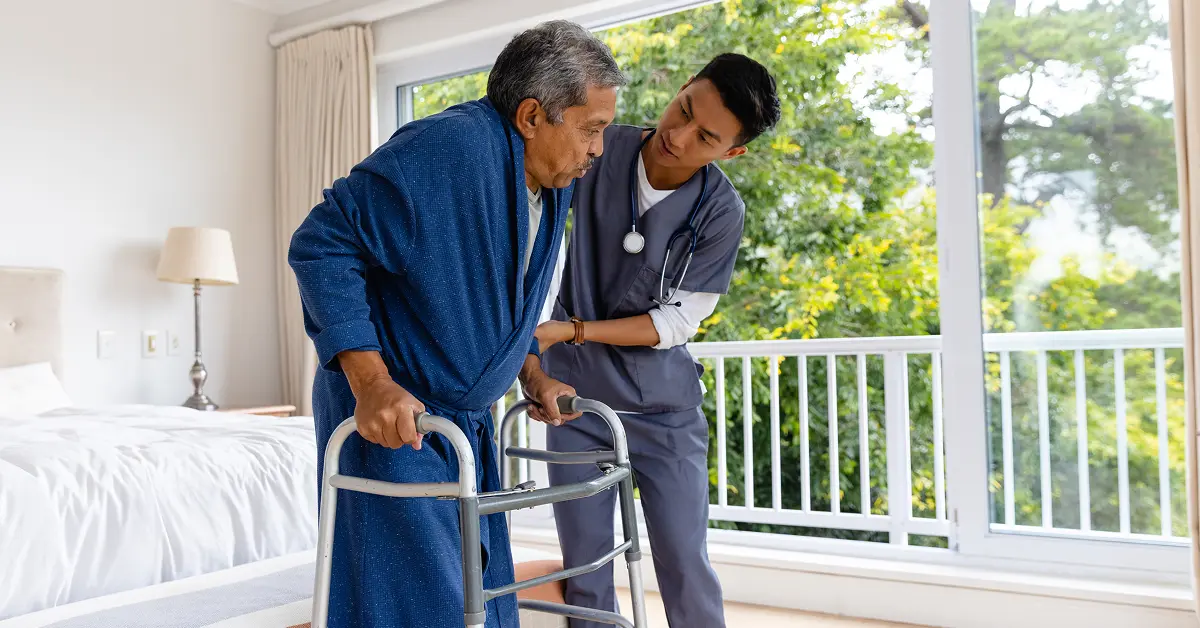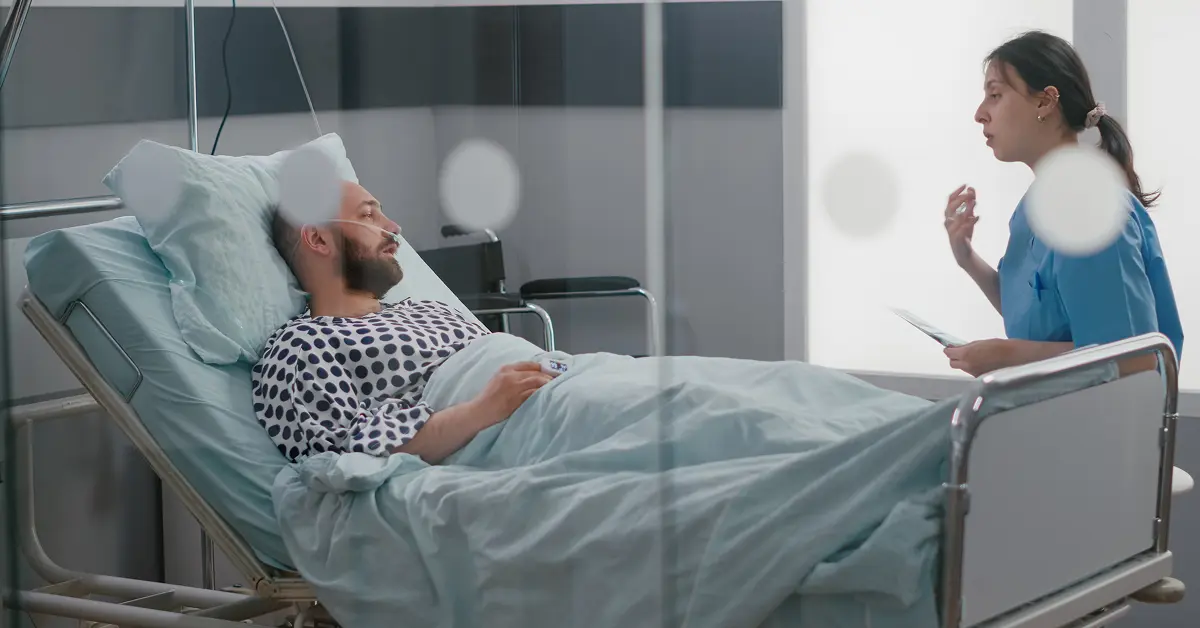Recovering after a hospital stay doesn’t end at discharge. In fact, the real journey to wellness often begins at home. Many patients and their families in India struggle with managing post-discharge care due to a lack of proper information and guidance. Whether it's an elderly parent, a recovering spouse, or a post-surgery patient, understanding what to do after Hospital Discharge is critical for successful healing and avoiding readmission.
In this guide, we’ll cover the key steps and tips for smooth post-hospital care at home, tailored to Indian households.
Understand the Discharge Summary Thoroughly
Before leaving the hospital, always ensure you have a complete discharge summary. This document includes vital information like:
- Diagnosis and treatment given
- Medications prescribed
- Diet and activity instructions
- Follow-up schedules
- Warning signs to watch for
Tip: Ask the attending doctor or nurse to explain any medical jargon in simple terms. Keep a copy (both digital and print) handy at all times.
Arrange for Home-Based Medical Support
India has seen a rise in home healthcare services, especially in metro cities like Delhi, Mumbai, Bangalore, and Chennai. These services offer:
- Trained nurses for wound care, injections, and catheterization
- Physiotherapists for post-surgical or stroke rehabilitation
- Attendants for basic caregiving tasks
- On-call doctors for routine check-ups
Tip: Look for agencies that are NABH-accredited or have medically trained staff for better quality care.
Set Up a Safe and Comfortable Home Environment
Your home must be adapted for recovery. Make necessary changes such as:
- Installing grab bars in the bathroom for elderly patients
- Keeping essentials within arm’s reach
- Ensuring proper lighting and ventilation
- Avoiding slippery floors or cluttered pathways
Tip: If the patient uses a wheelchair or walker, ensure the house is easily navigable.
Manage Medications with Care
Post-discharge, medication management becomes crucial. Improper dosing or forgetting medications can lead to complications.
- Create a medication chart
- Use pill organizers or mobile apps for reminders
- Always follow dosage instructions strictly
Tip: Consult your doctor before stopping or changing any prescribed drug—even for Ayurvedic or homeopathic alternatives.
Focus on Nutrition and Hydration
A balanced, doctor-approved diet plays a key role in recovery. Depending on the illness or surgery, the diet may include:
- High-protein foods like dal, paneer, or eggs
- Iron-rich vegetables for anaemic patients
- Low-sodium diets for heart patients
- Soft or pureed food for those with chewing/swallowing difficulties
Tip: Consider hiring a part-time cook or tiffin service if the family cannot manage cooking during the recovery phase.
Monitor Vitals Regularly
Buy basic medical equipment like:
- Digital thermometer
- Blood pressure monitor
- Glucometer (for diabetic patients)
- Pulse oximeter
Tip: Maintain a simple daily log and share it during follow-up visits.
Don’t Skip Follow-Up Appointments
Hospital follow-ups ensure that the treatment is working and there are no underlying issues. Set reminders for:
- Doctor consultations
- Diagnostic tests
- Physiotherapy sessions
Tip: Many hospitals in India now offer teleconsultations—use them for minor concerns or when traveling to the clinic isn’t feasible.
Encourage Emotional and Mental Health Support
Hospitalization can take an emotional toll on patients and caregivers alike. It's common to feel anxiety, depression, or fear after discharge.
- Encourage open conversations
- Involve a counsellor or therapist if needed
- Engage the patient in light activities like reading, prayer, music, or even short walks
Tip: Spiritual support or light yoga/meditation under guidance can aid mental wellness—very effective in Indian households.
Hire a Professional Caregiver if Needed
If family members are busy or unable to provide 24x7 attention, consider hiring a trained caregiver or attendant at home.
These professionals can assist with:
- Bathing and dressing
- Feeding and toileting
- Mobility and medication reminders
- Basic medical tasks like wound dressing or blood pressure checks
Tip: Platforms like Portea, HCAH, Care24, or even local nursing bureaus can help you find trusted attendants in your area.
Maintain a Clean and Hygienic Home
A clean environment reduces infection risk—a major cause of readmission. Use disinfectants to clean:
- Patient’s room and bed
- Washrooms
- Medical equipment
Tip: Disposable gloves, face masks, and hand sanitizers should be used especially when wounds or catheters are involved.
Keep Emergency Contacts Ready
Always have a list of emergency contacts stuck on the refrigerator or near the bed:
- Primary doctor’s number
- Nearest hospital with emergency services
- Family members or neighbors
- Ambulance service numbers (like 108 or private providers)
Tip: Install health emergency apps like Practo, MFine, or even basic location-sharing apps on the caregiver’s phone.
Educate the Family and Involve Them
In Indian homes, joint families are common. Educating everyone, especially elderly members, about:
- The patient’s condition
- Dos and don'ts
- Red flags for complications
Tip: Assign caregiving roles to different family members if possible. This reduces burnout and keeps everyone involved.
Final Thoughts
Post-hospital discharge care requires planning, coordination, and compassion. The Indian healthcare system is evolving, and families now have access to a variety of at-home services and technologies to ease recovery.
By understanding the discharge process, involving the right professionals, and creating a healing environment at home, you can help your loved one recover faster, better, and with peace of mind.
Need Help After Discharge?
Many Indian families are now choosing reliable home healthcare services to avoid frequent hospital visits. If you need post-hospital care, trained caregivers, or home nursing, get in touch with local agencies near you today.
Contents
- Understand the Discharge Summary Thoroughly
- Arrange for Home-Based Medical Support
- Set Up a Safe and Comfortable Home Environment
- Manage Medications with Care
- Focus on Nutrition and Hydration
- Monitor Vitals Regularly
- Don’t Skip Follow-Up Appointments
- Encourage Emotional and Mental Health Support
- Hire a Professional Caregiver if Needed
- Maintain a Clean and Hygienic Home
- Keep Emergency Contacts Ready
- Educate the Family and Involve Them
- Final Thoughts
Our 24*7 services
Latest Posts
- What Is Respite Care and Why Is It Important
- Affordable home care for senior citizens in India
- Caring for Seniors with Dementia or Alzheimer's at Home
- Senior Caregiving A Guide for Every Family
- How to Write a Caregiver Resume That Gets You Hired
- How Care After Hospital Discharge Speeds Up Recovery at Home
- How to Get Home Health Care for Seniors Through Medicare
- What Does a Senior Citizen Caregiver Really Do at Home
- How to Care for Elderly Parents with Alzheimer’s or Dementia
- How to Get 24-Hour Care for Seniors at Home



